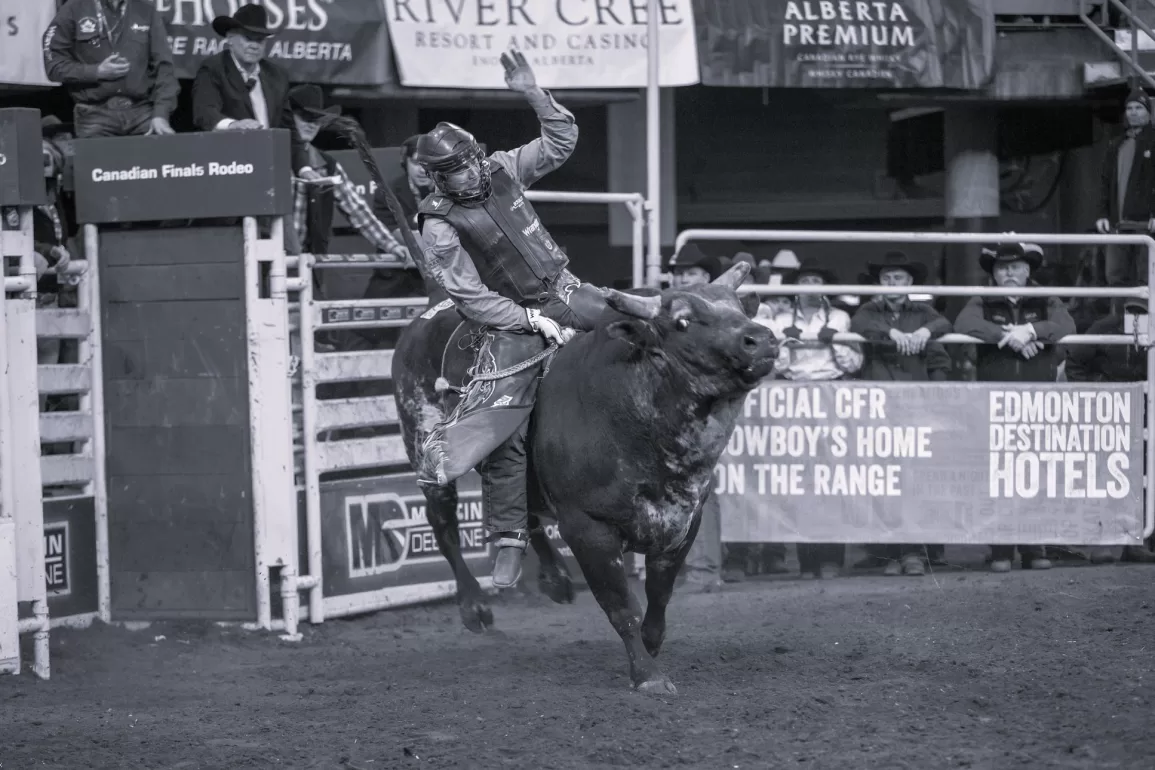Our first summer storm arrived in the wee hours of a warm mid-January morning. As lightning flickered against the curtains and thunder rolled out across the western sky, I imagined the farmers of the riverina staring at their ceilings, fists balled, cursing God through gritted teeth, because rain would mean a three-day wait for their hay bales to dry out. I wondered if Jessie and Spence were awake. Jessie’s house stood on the hill next to the Methodist Church and...

